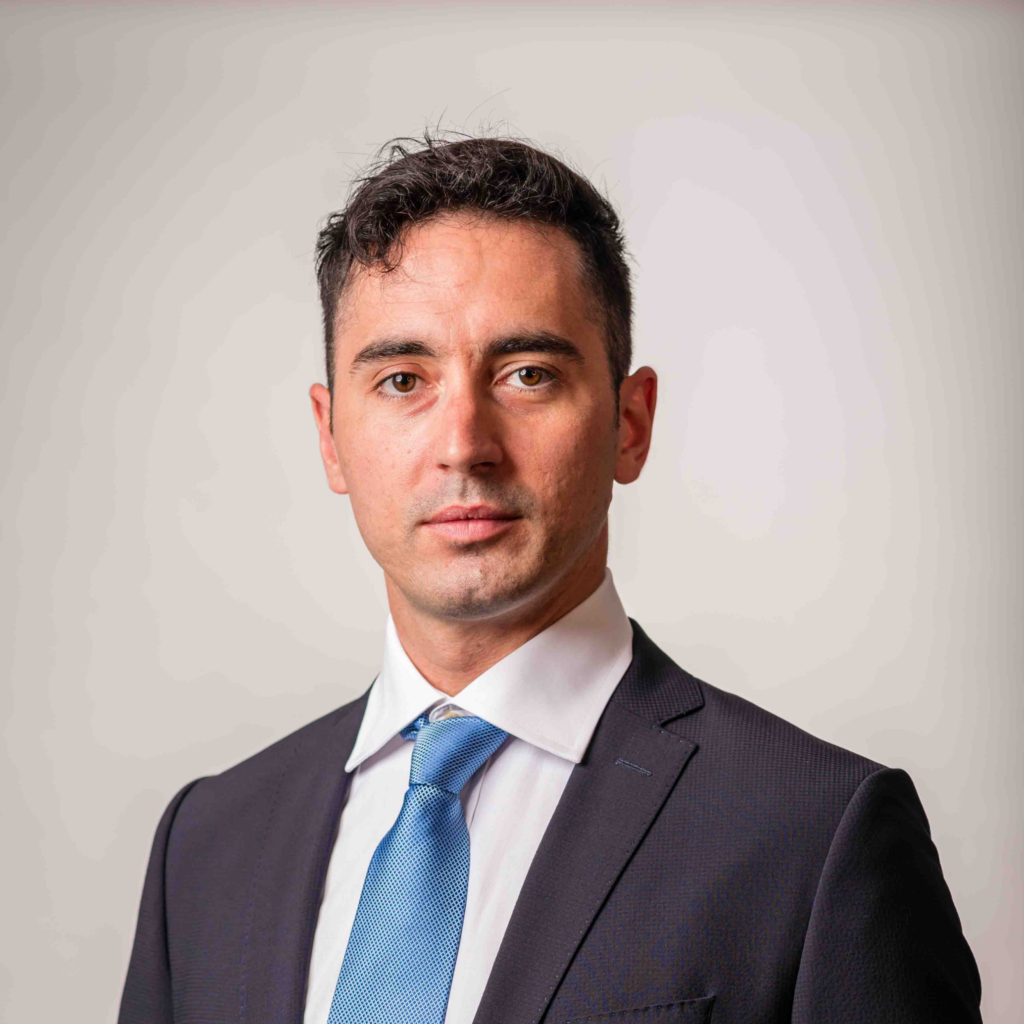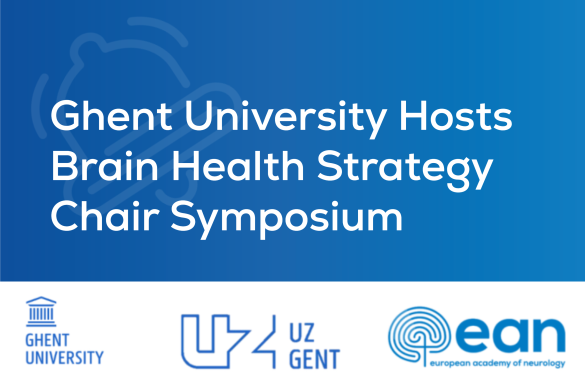by Dr Giacomo Sferruzza, Resident and Research Fellow Section (RRFS) Chair
My name is Giacomo Sferruzza. I was born in Sicily and grew up in a small village named Castelbuono. I completed my entire educational journey at San Raffaele University in Milan, where I attended medical school, residency, and now the PhD programme. This path also included enriching experiences abroad through exchange programmes in Belgium and the United States. My career is dedicated to neuro-oncology, specifically in the field of cancer immunotherapy.
…
In July, I was honoured to be appointed Chair of the Resident and Research Fellow Section (RRFS) of the European Academy of Neurology, following my previous roles as treasurer and secretary within the section. The progression through these roles within the RRFS Office has been a valuable experience, preparing me for the responsibilities of the position as chair and RRFS representative to the EAN Board. This journey has provided me with a deep understanding of the RRFS’s significance for young neurologists, students, and fellows across Europe, as well as the vast potential of our network.
In recent years, we have witnessed exponential growth in our community, accompanied by a parallel increase in the structural organisation of our section. Currently, the RRFS encompasses more than 90 representative positions. Establishing and maintaining this structure in alignment with the society’s mission is a daily challenge that we have successfully met, thanks to the outstanding individuals who have held the chair position before me. I owe a great debt to these mentors who taught me how to navigate and work effectively in this environment.
I would like to particularly acknowledge Vanessa Carvalho and Luca Cuffaro, who served as senior members of the RRFS Office when I first began as treasurer, guiding me through my initial steps. In a subsequent phase, I had the privilege of learning from Nina Vashchenko (currently the Liaison Officer) and Alice Accorroni (current Past Chair), observing their remarkable work and gaining a more mature perspective on successfully advancing RRFS projects through interaction with the EAN Board and Committees. The RRFS Office is completed by Alicia Gonzalez Martinez, our Secretary, and Katarzyna Krzywicka, the new RRFS Treasurer; they are both great colleagues.
We have strongly felt that with the proper structural organisation, where RRFS members can feel comfortably at home (despite this home now hosting more than 2,200 RRFS members), outstanding projects can be realised. I can provide many practical examples, including the Gaps in Access to Endovascular Thrombectomy for Large-Vessel Occlusion Ischemic Strokes project, the Artificial Intelligence Task Force, and the Neurologists’ Wellbeing Task Force, which have consistently demonstrated the brilliance within the RRFS that only needs the right channels to express creativity.
Therefore, maintaining the RRFS infrastructure, prioritising gender and geographical balance, and making it functional to promote connections, education, and scientific opportunities, remains at the forefront of the RRFS agenda.
Furthermore, I believe that an organisation as solid as the RRFS is mature enough to establish links with the rest of the world, expanding our network and communication with the young sections of other supranational neurological societies. I have high expectations in this regard, as I believe that extending the horizons of our community will significantly contribute to enhancing young neurologists’ education and scientific standards in Europe.
From a personal perspective, my experience in the RRFS Office has provided me with the opportunity to interact with realities vastly different from the background I come from. Neurologist-in-training communities across Europe have diverse needs that require targeted approaches to facilitate access to high-standard education. These needs often intersect with political issues (e.g., our community includes countries actively involved in open conflicts, countries not fully recognised at the international level, countries outside the Schengen area, etc.). Although these situations are obviously beyond the scope of our organisation, they have a significant, real impact on “the development of neurological excellence in Europe and across the world, leading to high quality patient care and better outcomes,” which is the main mission of the EAN.
Therefore, we have worked, and will continue to work, to ensure that all the young neurological communities feel that our organisation is a safe zone for them. We are committed to doing everything we can to promote equal access to EAN opportunities.
These efforts, invested in these aims, have also brought a personal benefit: I’ve made many friends across Europe—colleagues whom I truly respect and am confident will lead European neurology through the challenges of the future.
Dr Giacomo Sferruzza
RRFS Chair













